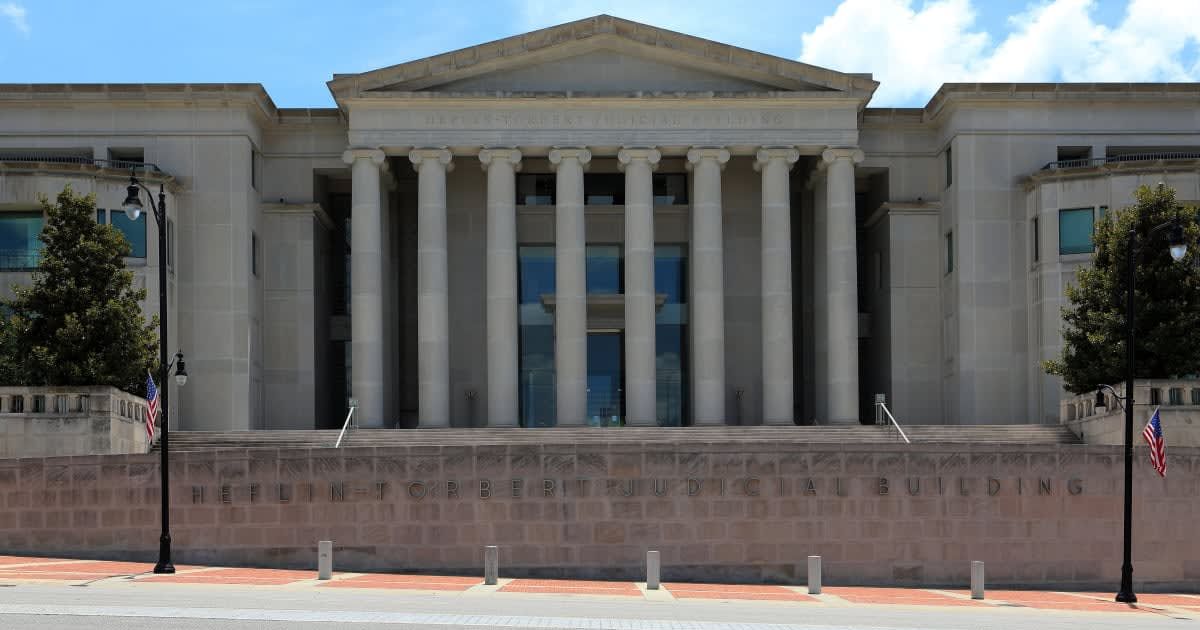'Glad they see the truth': Internet abuzz as Alabama Supreme Court rules frozen embryos are 'children' under state law

ALABAMA, UNITED STATES: Alabama's Supreme Court has ruled that frozen embryos are to be considered "children" under state law.
This ruling subjects these embryos to legislation pertaining to the wrongful death of a minor. The court stated that the law "applies to all unborn children, regardless of their location."
How did frozen embryos case arise?

The Alabama Supreme Court delivered a majority decision in a lawsuit initiated by a group of IVF patients.
The case arose when a patient accidentally destroyed their frozen embryos by dropping them from a cryogenic storage unit in December 2020.
The plaintiffs lodged two lawsuits against the Center for Reproductive Medicine, accusing the clinic of breaching Alabama's Wrongful Death of a Minor Act, which encompasses unborn children.
They also claimed the clinic was negligent and demanded compensatory damages, but these allegations were contingent on whether the courts deemed frozen embryos as children.
The trial court granted the defendant's motion to dismiss the lawsuits, ruling that a frozen embryo did not meet the definition of a "person" or "child."
It also denied the plaintiffs' request for compensatory damages for loss of life and emotional distress, citing Alabama’s established legal standards.
While the Alabama Supreme Court did not directly address whether "extrauterine children" should be considered human beings, it clarified that state law does not specify the state of an unborn child.
The court affirmed that the Wrongful Death of a Minor Act applies universally to all unborn children.
The court rejected the defendants' argument for an unwritten exception to the law for unborn children not located "in utero" at the time of their demise.
The defendants had also contended that recognizing frozen embryos as children would have significant repercussions, including escalating IVF costs and making embryo preservation more burdensome.
The court responded by stating that such policy-focused arguments should be directed to the Legislature, not the court.
"While we appreciate the defendants' concerns, these types of policy focused arguments belong before the Legislature, not this Court," per the ruling.
Who issued the ruling for frozen embryos?
The ruling was issued by Justice Jay Mitchell of the Alabama Supreme Court, with concurrence from seven of the other eight justices, per The Hill.
Justice Greg Cook of the Alabama Supreme Court expressed a dissenting view.
He contended that it's not the court's role to extend the scope of a statute or revitalize it through updates or amendments.
He reportedly further argued that the law, penned in 1872, wouldn't have considered the status of frozen embryos, and any assertion that it does would necessitate a clear amendment from the state Legislature.
Internet reacts to Alabama Supreme Court rule
The ruling has elicited a variety of reactions on social media, with many individuals expressing their support for the decision.
A Facebook user wrote, "Absolutely correct!! Glad they see the truth of that!"
Another person agreed, "True."
"Way to go Alabama," shared another.
A user noted, "Thank you so much..."Let Life Live."
"Great job. Thank You," added another.
A perosn remarked, "Lol it doesn’t matter what they think, doesn’t change science."
Another user noted, "I wonder how many of those justices are medical doctors and can factually make that determination?? I believe the scientific community will disagree."
This article contains remarks made on the Internet by individual people and organizations. MEAWW cannot confirm them independently and does not support claims or opinions being made online.










